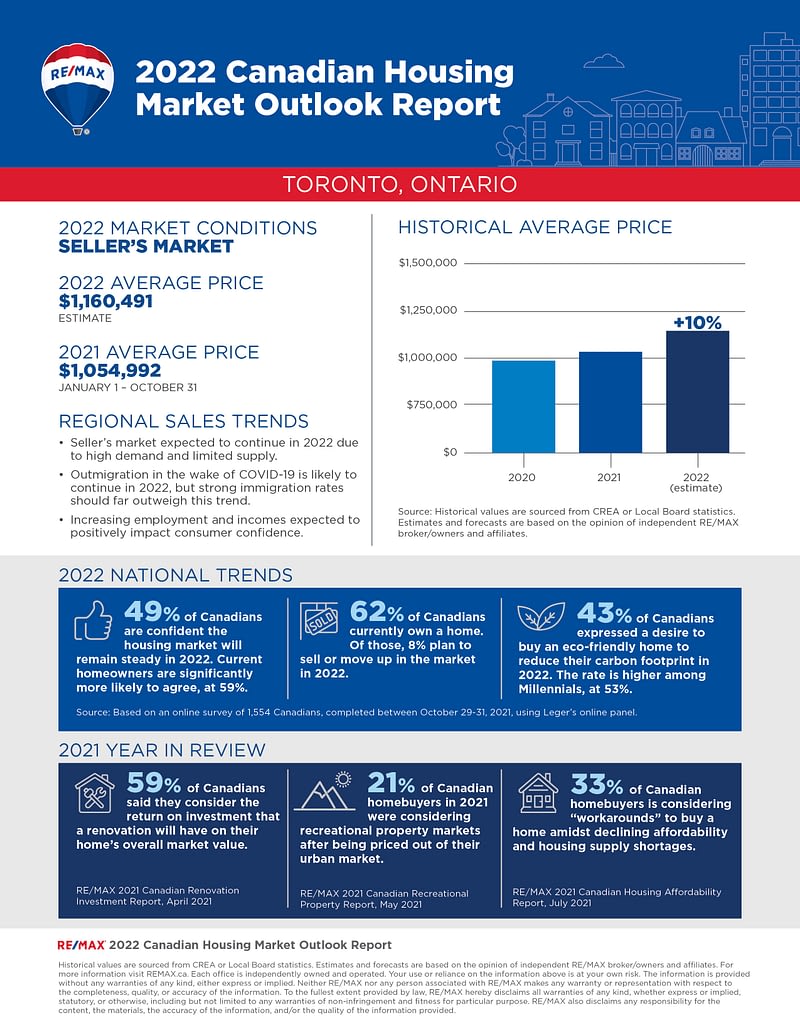Although the red-hot Canadian real estate market has ostensibly taken a breather in recent months, the latest trends developing across Canada suggest that the boom still has room for growth this year. From strengthening demand to lacklustre new housing construction, many factors are pointing to an upward trajectory for Canadian real estate markets over the next 12 months.
Housing affordability had been a considerable issue since before the coronavirus pandemic, but it was largely concentrated in major urban centres such as Toronto, Vancouver and Montreal. In the aftermath of the first wave of the COVID-19 public health crisis, Canadian real estate valuations went through the roof from coast to coast.
But while growth appears to be taking place in every pocket of the nation’s sizzling housing sector, there are some Canadian housing markets that are outperforming others, whether in terms of sales activity or price gains. But where and how much? Well, in just one month, five Canadian cities recorded tens of thousands of dollars in gains.
These Canadian Real Estate Markets Saw the Steepest Price Growth
British Columbia and Ontario are Canada’s most populous provinces, and they are also home to several sizzling housing markets that are unlikely to experience a reprieve for homebuyers anytime soon.
Here is a look at the top housing markets based on one-month gains, according to composite price data from the Canadian Real Estate Association (CREA) to round out 2021:
- Toronto: +$44,619
- Oakville: +$43,520
- Fraser Valley: +$39,342
- Chilliwack: +$31,560
- Mississauga: +$31,172
On the long list of cities posting month-over-month gains, the only major municipality to post a decline was Edmonton, which fell nearly $3,000.
When looking at 2021 as a whole, the last 12 months for the Canadian real estate market have been incredible. Three housing markets witnessed annual price growth of more than $250,000:
- Oakville: +$398,754
- Fraser Valley: +$270,537
- Toronto: +$262,200
If you peruse the statistics, you will find that not one major Canadian housing market reported a drop in composite home prices for the year. Buyers, sellers and real estate professionals are living through unprecedented times right now, as nearly the entire country is posting an exceptional jump.
This comes soon after CREA confirmed that more than 666,000 residential properties traded hands last year, 30 per cent above the decade-long annual average.
“There are currently fewer properties listed for sale in Canada than at any point on record,” CREA Chief Economist Shaun Cathcart said in a news release. “So unfortunately, the housing affordability problem facing the country is likely to get worse before it gets better.”
BMO: Canada’s Housing Market Became ‘Unhinged’ in 2021
Because of the meteoric growth in housing prices, many young Canadians have abandoned their dreams of homeownership. Many federal officials have proposed public policy tools to ease prices. So far, nothing appears to be working, with housing experts unanimously pointing to one solution: More supply.
That said, one financial institution believes the housing sector has become “unhinged.”
Writing in a report titled “Canadian Housing Fire Needs a Response,” BMO Economics’ Robert Kavcic and Benjamin Reitzes say that the federal government needs to look into possible measures to douse a “smoldering” real estate market.
“Very early last year, BMO Economics warned that policy (starting on the monetary side) needed to tighten in order to prevent the market from becoming dislodged from underlying fundamentals,” Kavcic wrote.
“And that came from a team that spent many, many, years defending the Canadian housing market from wave after wave of bearish assault, as most of the gains were rooted in income, demographic and interest rate fundamentals.”
He added: “Now it appears that 2021 was the year the market became unhinged.”
The economists noted that end-user and investor demand invaded the housing market in 2021. Moreover, the fundamentals were front and centre in the Canadian housing market: strong demand, shrinking supply, modest new residential listings, and cheap borrowing costs. These trends could persist in the coming months as housing starts have fallen, buyer interest has been sustained, and interest rates will remain historically low.
BMO Economics also noted a remarkable increase in the number of repeat buyers who also utilized variable-rate mortgages. In the real estate market, it is conventional and conservative wisdom that homebuyers select fixed-rate mortgages for their buying needs.
“That seems like a market that has been forced to stretch,” Kavcic noted.
Sources:
The post Canadian Real Estate Markets With the Steepest Price Growth appeared first on RE/MAX Canada.

